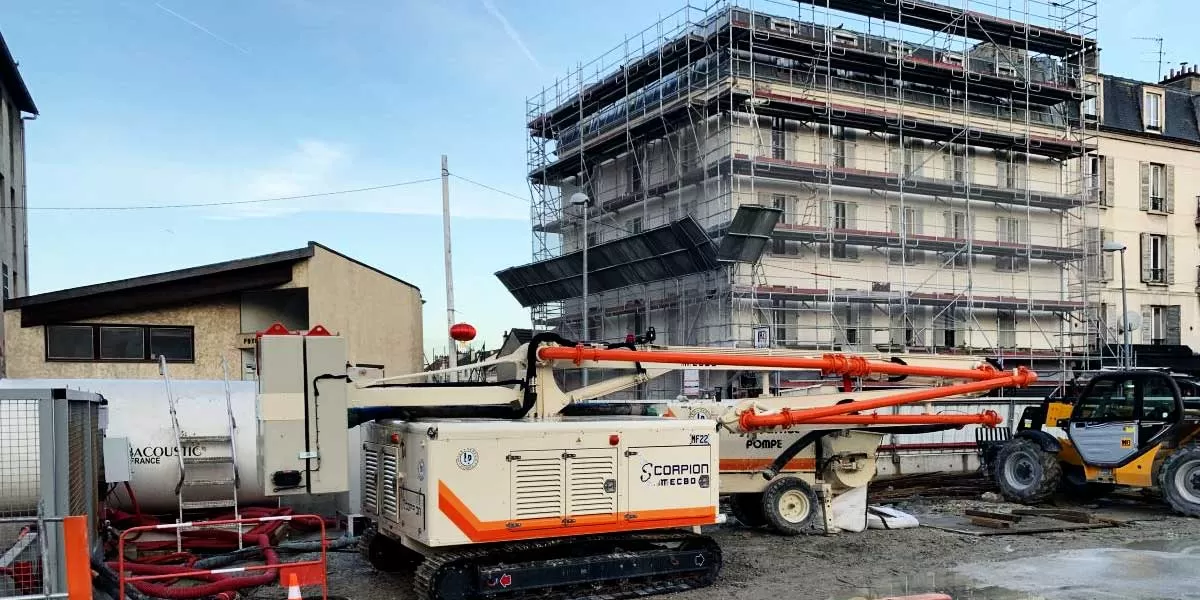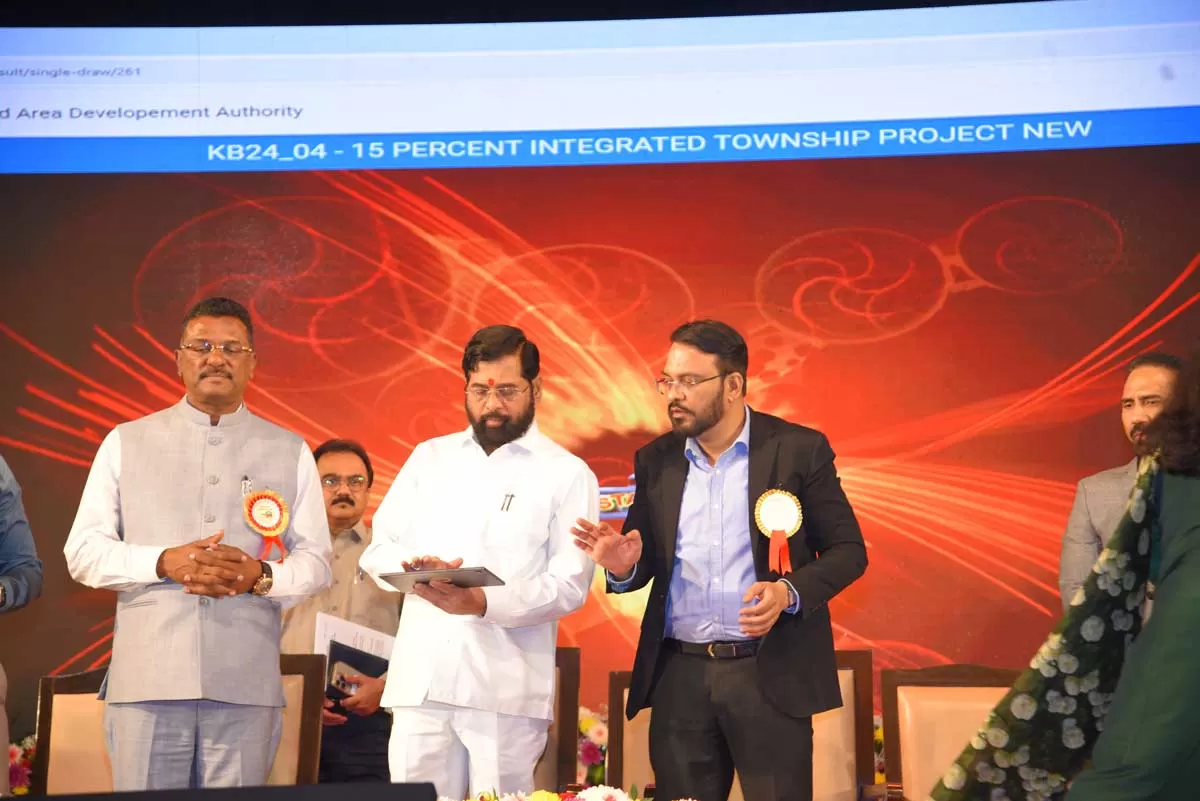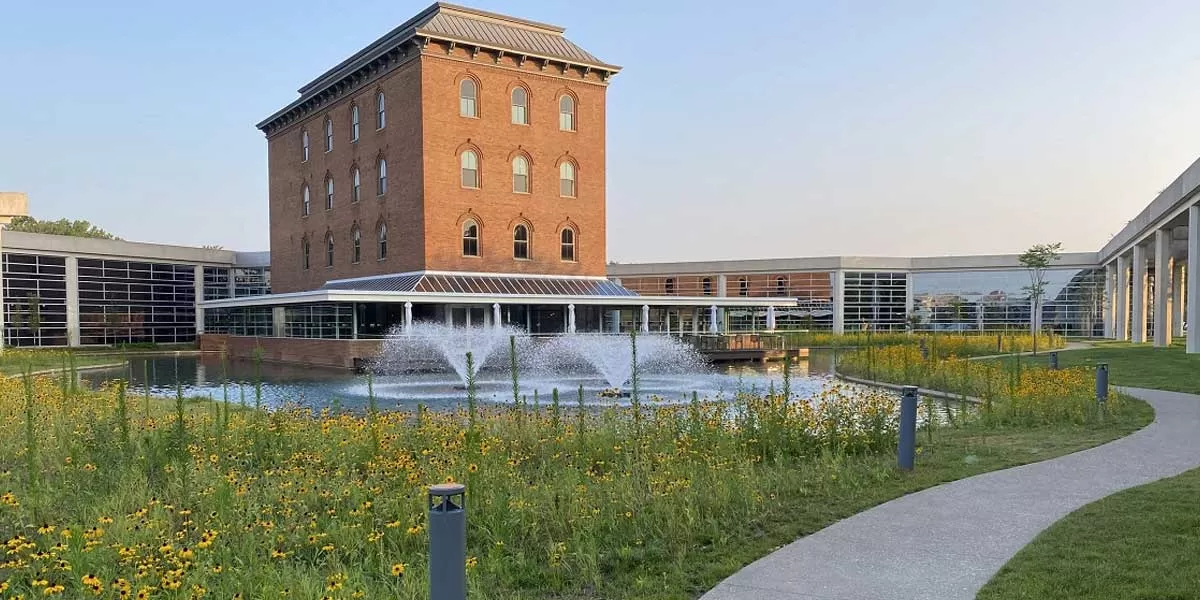Cabinet approves Swachh Bharat Mission (Grameen) Phase-II


Mecbo America Launches Scorpion Concrete Crawler Boom
Mecbo America, a division of Blastcrete Equipment LLC, brings a new product to its lineup: the Scorpion Concrete Crawler Boom. The Scorpion provides contractors working in piling, drilling, tunneling or commercial construction with a flexible arm for placing concrete where needed without disrupting the jobsite. It is an economical enhancement for contractors who have a concrete pump but need an effective way to deftly move material to spots that are difficult or unsafe to reach using other methods. “As concrete contractors grow and the scope of their work changes, many recognize the need fo..

Cluster Redevelopment and Affordable Housing to shape Mumbai’s Future
The Government of Maharashtra is accelerating efforts to expand affordable housing, with a focus on large-scale development under the MMR Growth Hub Project. As part of this initiative, the Maharashtra Housing and Area Development Authority (MHADA) will construct eight lakh homes by 2030, in alignment with NITI Aayog’s recommendations. This announcement was made today by Deputy Chief Minister and Housing Minister Eknath Shinde, who emphasized the government’s commitment to providing high-quality, affordable homes to citizens. The computerised housing lottery, organised by the MHADA Konkan..

Cummins Reports Strong Fourth Quarter
The Board of Directors of Cummins India Limited (CIL), at their meeting reviewed, and approved the unaudited financial results for the quarter and period ended December 31, 2024. Performance Highlights (based on standalone unaudited financial results) for the quarter ended December 31, 2024: - Total Sales for the quarter at Rs 30.41 billion higher by 22 per cent compared to the same quarter last year and higher by 24 per cent compared to the previous quarter. - Domestic sales at Rs 25.77 billion higher by 18 per cent compared to the same quarter last year and higher by 28 per cent compared t..













